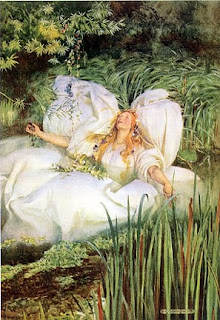
FEBRUARY 28, 2011 - MARCH 4, 2011 WEEKLY AGENDA FOR A.P. ENGLISH LITERATURE Monday, February 28th: Read the following in the packet Ben Jonson’s biography “Still to Be Neat” “Song to Celia” “On My First Son” “Ben Jonson’s Vision of His Son” Please do soapstones on the above poems Please answer the circled questions on the above poems Please read the following in the packet Robert Herrick’s biography “To the Virgins, to Make Much of Time” “Upon Julia’s Clothes” “Delight in Disorder” Please do soapstone on the above poems Please answer the following questions on the above poems Analyzing: “To the Virgins, to Make Much of Time”; question 2 Applying: Symbol; questions 1 and 2 Think and Discuss; Analyzing:“Upon Julia’s Clothes”; questions 1 and 2 Delight in Disorder: Understanding; Analyzing and Extending; all the questions Tuesday, March 1st: We will go over the above poems today. We will act out “To the Virgins, to Make Much of Time” Your adjective clause handout is due today. For homewo...



